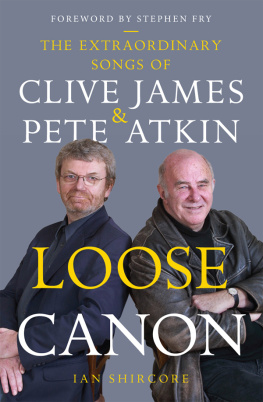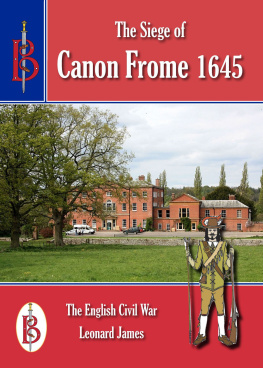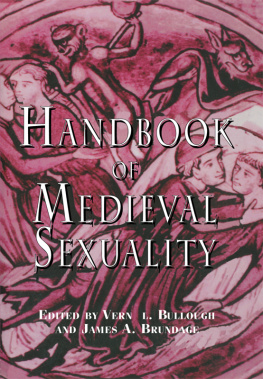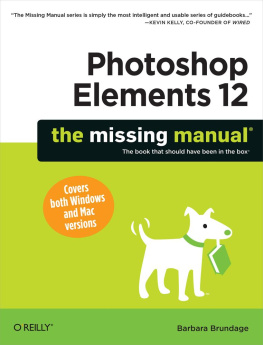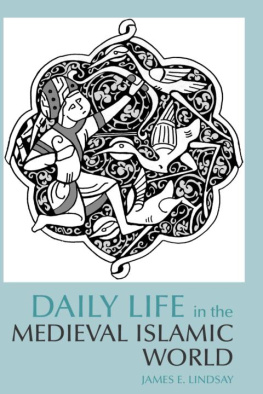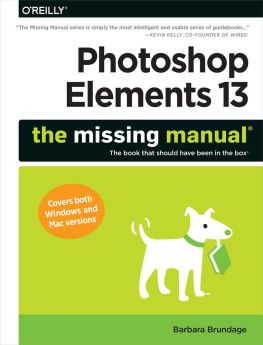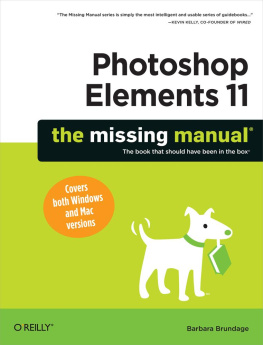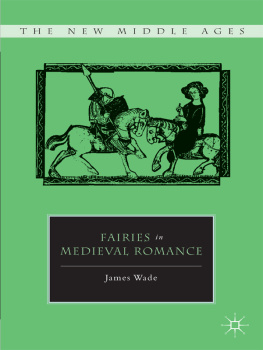James A. Brundage - Medieval Canon Law
Here you can read online James A. Brundage - Medieval Canon Law full text of the book (entire story) in english for free. Download pdf and epub, get meaning, cover and reviews about this ebook. year: 2022, publisher: TaylorFrancis, genre: Religion. Description of the work, (preface) as well as reviews are available. Best literature library LitArk.com created for fans of good reading and offers a wide selection of genres:
Romance novel
Science fiction
Adventure
Detective
Science
History
Home and family
Prose
Art
Politics
Computer
Non-fiction
Religion
Business
Children
Humor
Choose a favorite category and find really read worthwhile books. Enjoy immersion in the world of imagination, feel the emotions of the characters or learn something new for yourself, make an fascinating discovery.

- Book:Medieval Canon Law
- Author:
- Publisher:TaylorFrancis
- Genre:
- Year:2022
- Rating:5 / 5
- Favourites:Add to favourites
- Your mark:
- 100
- 1
- 2
- 3
- 4
- 5
Medieval Canon Law: summary, description and annotation
We offer to read an annotation, description, summary or preface (depends on what the author of the book "Medieval Canon Law" wrote himself). If you haven't found the necessary information about the book — write in the comments, we will try to find it.
Medieval Canon Law — read online for free the complete book (whole text) full work
Below is the text of the book, divided by pages. System saving the place of the last page read, allows you to conveniently read the book "Medieval Canon Law" online for free, without having to search again every time where you left off. Put a bookmark, and you can go to the page where you finished reading at any time.
Font size:
Interval:
Bookmark:
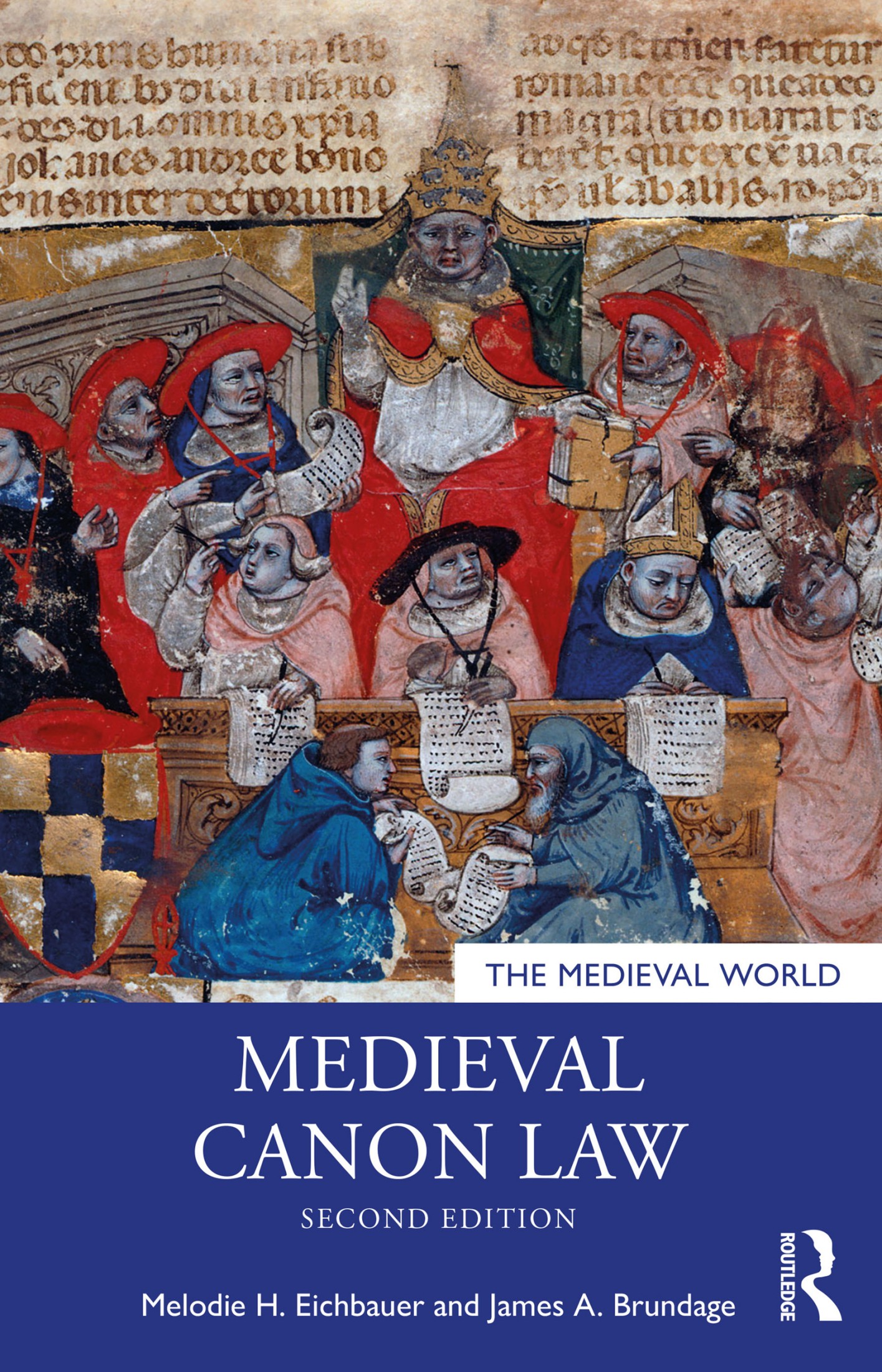
It is impossible to understand how the medieval church functioned and, in turn, influenced the lay world within its care without understanding canon law. This book examines its development from its beginnings to the end of the Middle Ages, updating its findings in light of recent scholarly trends.
This second edition has been fully revised and updated by Melodie H. Eichbauer to include additional material on the early Middle Ages; the significance of the discovery of earlier versions of Gratians Decretum; and the new research into law emanating from secular authorities, councils, episcopal acta, and juridical commentary to rethink our understanding of the sources of law and canon laws place in medieval society. Separate chapters examine canon law in intellectual spaces; the canonical courts and their procedures; and, using the case studies of deviation from orthodoxy and marriage, canon law in the lives of people. The main body of the book concludes with the influence of canon law in Western society, but has been reworked by integrating sections cut from the first edition chapters on canon law in private and public life to highlight the importance of this field of research. Throughout the work and found in the bibliography are references to current literature and resources in order to make researching in the field more accessible. The first appendix provides examples of how canonical texts are cited while the second offers biographical notes on canonists featured in the work. The end result is a second edition that is significantly rewritten and updated but retains the spirit of Brundages original text.
Covering all aspects of medieval canon law and its influence on medieval politics, society, and culture, this book provides students of medieval history with an accessible overview of this foundational aspect of medieval history.
Melodie H. Eichbauer is Professor of Medieval History at Florida Gulf Coast University, USA. She is the editor of A Cultural History of Genocide, Vol. 2: The Middle Ages (2021) and co-editor of The Use of Canon Law in Ecclesiastical Administration (2018). Her research focuses on the dissemination of legal knowledge; the interpretation of law; and the ways in which social, political, and intellectual developments and trends shaped both between ca. 1000 and ca. 1500.
James A. Brundage (19292021) was Professor Emeritus of History and, prior to his retirement, Ahmanson-Murphy chair of Medieval European History at the University of Kansas, USA. His publications included The Medieval Origins of the Legal Profession: Canonists, Civilians, and Courts (2008), Handbook of Medieval Sexuality (1996) edited with Vern L. Bullough, and Law, Sex, and Christian Society in Medieval Europe (1987).
Series editors: Warren C. Brown, Caltech, USA and Piotr Grecki, University of California, Riverside, USA
The Cathars
Malcolm Barber
Disunited Kingdoms
Michael Brown
Christian-Jewish Relations, 10001300
Anna Sapir Abulafia
Violence in Medieval Europe
Warren C. Brown
Europes Barbarians, AD 200600
Edward James
The Devils World
Andrew Roach
The Crusader States and their Neighbours
P. M. Holt
The Fourth Crusade
Michael Angold
Medieval Canon Law 2ed
Melodie H. Eichbauer, Expanded and revised version of the First Edition by James A. Brundage
https://www.routledge.com/The-Medieval-World/book-series/PEAMWD
Second Edition
Melodie H. Eichbauer
Expanded and revised version of the
First Edition by
James A. Brundage

Cover image: Pope Boniface VIII consulting his cardinals with scribes of the papal chancery recording the proceedings. Liber sextus of Pope Boniface VIII. The British Library, Add MS 23923, fol. 2. [https://www.bl.uk/collection-items/illustration-of-pope-boniface-viii-and-his-cardinals]
Second edition published 2023
by Routledge
4 Park Square, Milton Park, Abingdon, Oxon, OX14 4RN
and by Routledge
605 Third Avenue, New York, NY 10158
Routledge is an imprint of the Taylor & Francis Group, an informa business
2023 Melodie H. Eichbauer and James A. Brundage
The right of Melodie H. Eichbauer and James A. Brundage to be identified as authors of this work has been asserted in accordance with sections 77 and 78 of the Copyright, Designs and Patents Act 1988.
All rights reserved. No part of this book may be reprinted or reproduced or utilised in any form or by any electronic, mechanical, or other means, now known or hereafter invented, including photocopying and recording, or in any information storage or retrieval system, without permission in writing from the publishers.
Trademark notice: Product or corporate names may be trademarks or registered trademarks, and are used only for identification and explanation without intent to infringe.
First edition published by Routledge 1995
British Library Cataloguing-in-Publication Data
A catalogue record for this book is available from the British Library
Library of Congress Cataloging-in-Publication Data
A catalog record has been requested for this book
ISBN: 978-0-367-74241-6 (hbk)
ISBN: 978-0-367-74240-9 (pbk)
ISBN: 978-1-003-15673-4 (ebk)
DOI: 10.4324/9781003156734
Typeset in Bembo
by SPi Technologies India Pvt Ltd (Straive)
For Prof. Brundage who inspired so many
This book attempts to sketch the broad outlines of the development of the canon law of the Western church from its beginnings to the end of the Middle Ages, which, in this context at least, means until the commencement of the Protestant Reformation in the early sixteenth century. Growing numbers of medievalists during the second half of the twentieth century have come to realize that canon law formed a crucial component of medieval life and thought. Its rules affected the lives and actions of practically everyone, its enforcement mechanisms were increasingly able to reach into everyday affairs at all social levels, from peasant villages to royal households, and the ideas debated in the canon law schools constituted an influential and pervasive element in medieval intellectual life. The records of contentious matters that came before canonical courts as well as the archives of ecclesiastical administrators who applied (or failed to apply) canonical rules make up a very large fraction of the evidence that survives from the Middle Ages.
Serious study of medieval canon law quickly becomes highly technical. [Law] schools make tough law, observed Frederic William Maitland, and as usual he was right on the mark. Canon law was extremely tough indeed, not only in the sense that it was institutionally strong and sturdy, but also in the sense that it was difficult and technical. Medievalists have usually preferred to shy away from its technical mysteries. I have tried in this book to avoid most technical details. I should, however, alert readers that canonical waters, although alluring, can also be treacherous and warn historians that they must be prepared to steer carefully when they embark on investigations that may bring them into the vicinity of canonical shoals.
Next pageFont size:
Interval:
Bookmark:
Similar books «Medieval Canon Law»
Look at similar books to Medieval Canon Law. We have selected literature similar in name and meaning in the hope of providing readers with more options to find new, interesting, not yet read works.
Discussion, reviews of the book Medieval Canon Law and just readers' own opinions. Leave your comments, write what you think about the work, its meaning or the main characters. Specify what exactly you liked and what you didn't like, and why you think so.

